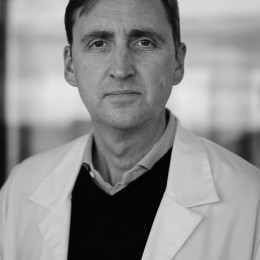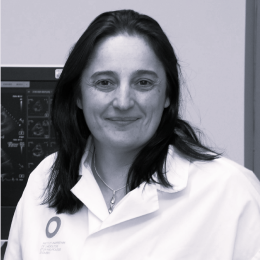Despite cardiovascular disease (CVD) being the leading cause of death among women in the EU, accounting for 35% of all female deaths, significant gender disparities persist in prevention, diagnosis, treatment, and research. Women face a higher risk of death after a heart attack compared to men, yet cultural biases continue to mislabel CVD as a “men’s disease.” Limited awareness of female-specific symptoms leads to delayed diagnoses and inadequate treatment, contributing to a 20% higher mortality risk for women following a heart attack.
In addition, women-specific cardiovascular risk factors—such as menarche, menopause, and pregnancy—remain largely overlooked in epidemiological studies, diagnostic criteria, and treatment guidelines. Women are also underrepresented in clinical trials, limiting the development of effective, gender-specific treatments. These disparities highlight an urgent need for policy action and healthcare strategies that prioritize women’s cardiovascular health.
Recognising these gaps, the EU SHD Coalition launched the Task Force on Women’s Heart Health in 2025 to drive concrete action. The Task Force brings together experts from both within and outside the Coalition, from Europe and beyond, to advance equitable cardiovascular care for women through:
- Compiling epidemiological data and research to document the gender gaps in structural heart disease (SHD) and broader CVD care.
- Defining key policy recommendations to ensure gender-sensitive cardiovascular strategies at both national and EU levels.
- Drafting a dedicated Call to Action to raise awareness and advocate for the prioritization of women’s cardiovascular health in policy and healthcare systems.
Through these efforts, the Task Force aims to close the gender gap in cardiovascular care, ensuring that women receive timely diagnoses, equitable treatments, and the attention they deserve in research and policymaking.
MEMBERS

Senior Health Research Lead, International Longevity Centre

Ms. Maite San Saturnino holds the position of President of the Platform of Patient Associations of the Spanish Heart Foundation, which aims in unifying the voice of cardiovascular patients and their families in Spain under the umbrella of the Spanish Heart Foundation and joining the Spanish Society of Cardiology.

Cardiac Surgery, University Hospitals Leuven,Deptartment of Cardiovascular Sciences, KU Leuven

Head of the Centre of Structural Heart Disease Interventions and the Heart Valve Center in Mainz, Germany

Dr. Stéphane Peggy Manzo-Silberman is a distinguished French cardiologist currently serving as a hospital practitioner at the Institute of Cardiology, Pitié-Salpêtrière Hospital, affiliated with Sorbonne University. With extensive expertise in cardiovascular medicine, she earned her Doctorate in Medicine from René Descartes University, specializing in aspirin allergy and coronary artery disease. Throughout her career, she has held various clinical and academic positions, including residencies and clinical leadership roles.

Cardiologist, University
Hospital Fundación de Alcorcón in Madrid, Secretary General, Spanish
Society of Cardiology

Vice-President, Spanish Association of Nurses in Cardiology (AEEC)

Prof. Paolo Magni, MD-Ph.D is a professor of Pathology at the Università degli Studi di Milano, he’s a Member of the Board of the Italian Heart Foundation. He conducts clinical and translational research on cardiovascular diseases and on nutritional/nutraceutical modulation of cardiometabolic risk, ageing and health-related issues.

University Institute of Cardiology and Respirology of Quebec (IUCPQ), Research Chair in Women’s Cardiac Valvular Health

Interventional Cardiologist / Cardiologist, Liverpool Heart and Chest Hospital, UK

Emeritus Professor, Brest Hospital University

President Fondazione Longevitas, Italy

Italian Heart Foundation

Member of the Amyloidosis Center of Expertise and the Vasculitis Expertise Center, at the University of Groningen (NL) – Board member, secretary of the European Association of Nuclear Medicine (EANM) - Cardiovascular Committee and board member of the Society of Nuclear Medicine and Molecular Imaging (SNMMI) - Chair of the working group Cardiovascular Imaging in infections and inflammation (collaboration between EANM/ESC/European Association of Cardiovascular Imaging (EACVI).

Dr. Fernandez Friera Director of the Cardiovascular imaging Department, and Chief of Cardiology Department at HM Hospitales, Madrid. She is also the founder of AtriaClinic and Women Heart Unit as well as the founder of Corazon de Mujer.

Prof. Dr. Bonanad is a cardiologist at the INCLIVA Health Research Institute, where she is part of the emerging group of geriatric cardiology, immunothrombosis, and cardiac rehabilitation. Since April 2022, she holds a Juan Rodés contract and, since January 2023, a FIS scholarship and a JACARDI scholarship co-financed by the European Union.

Director of the Clinic of Cardiology, Vivantes Humboldt, Berlin
